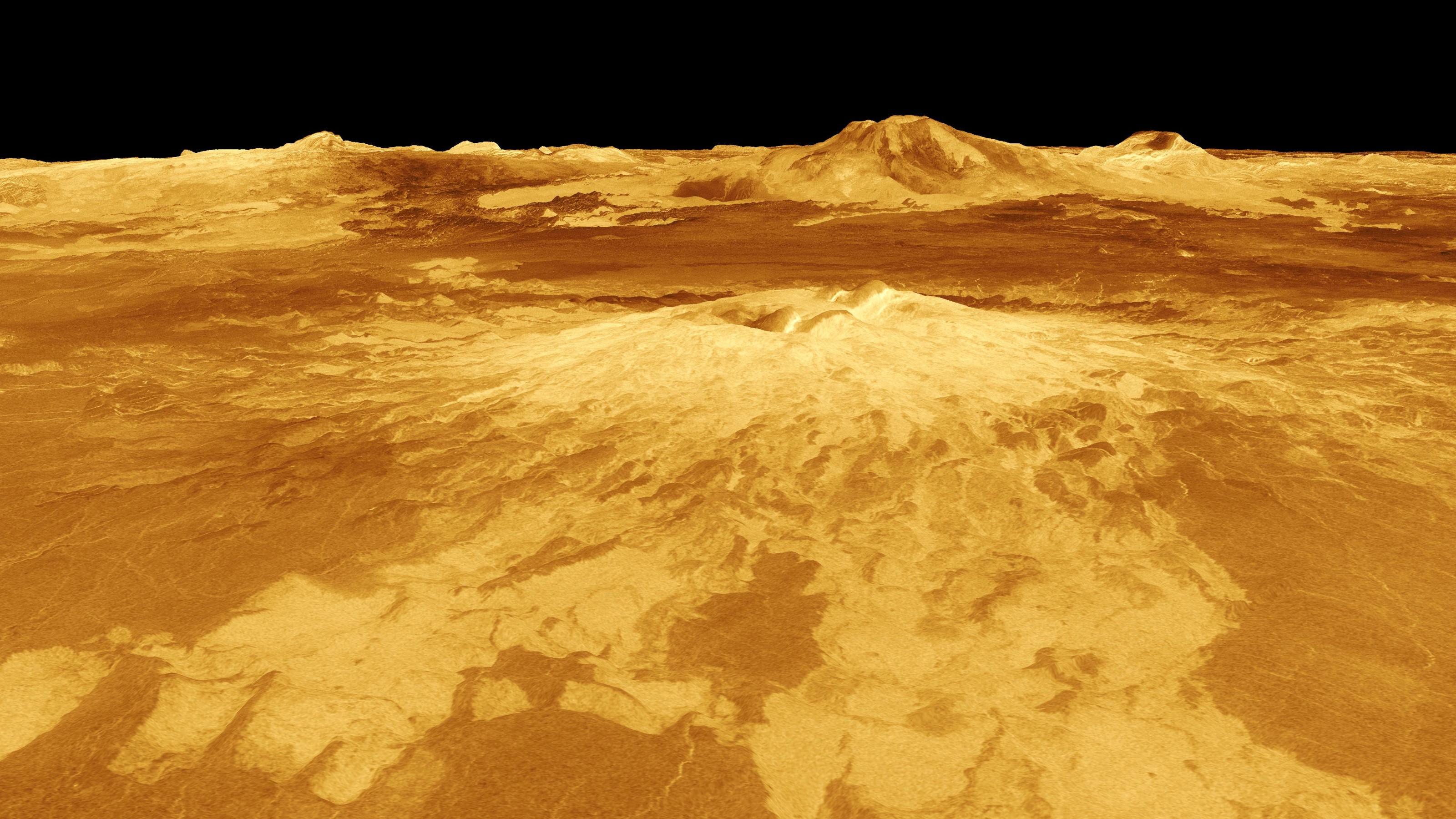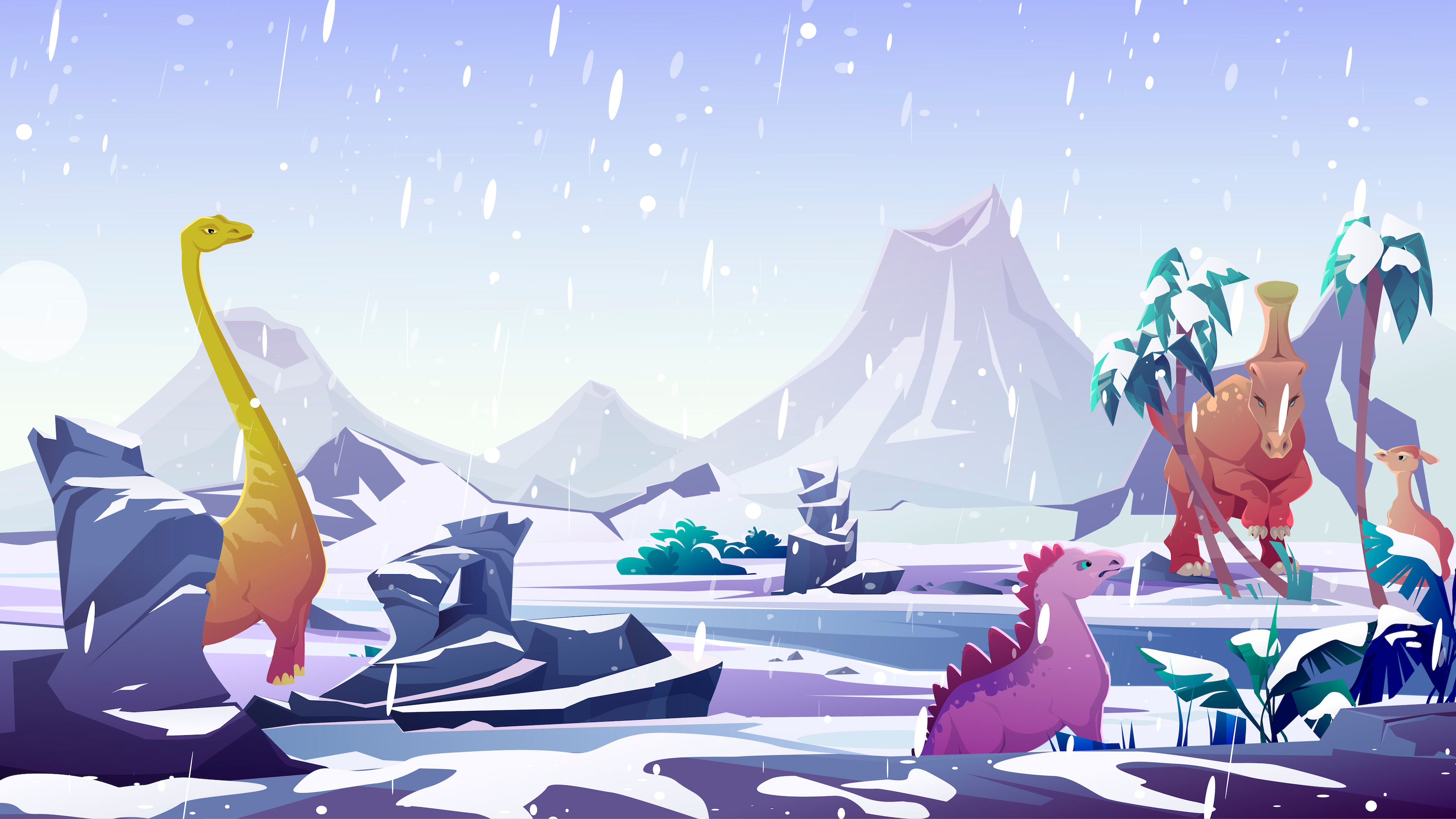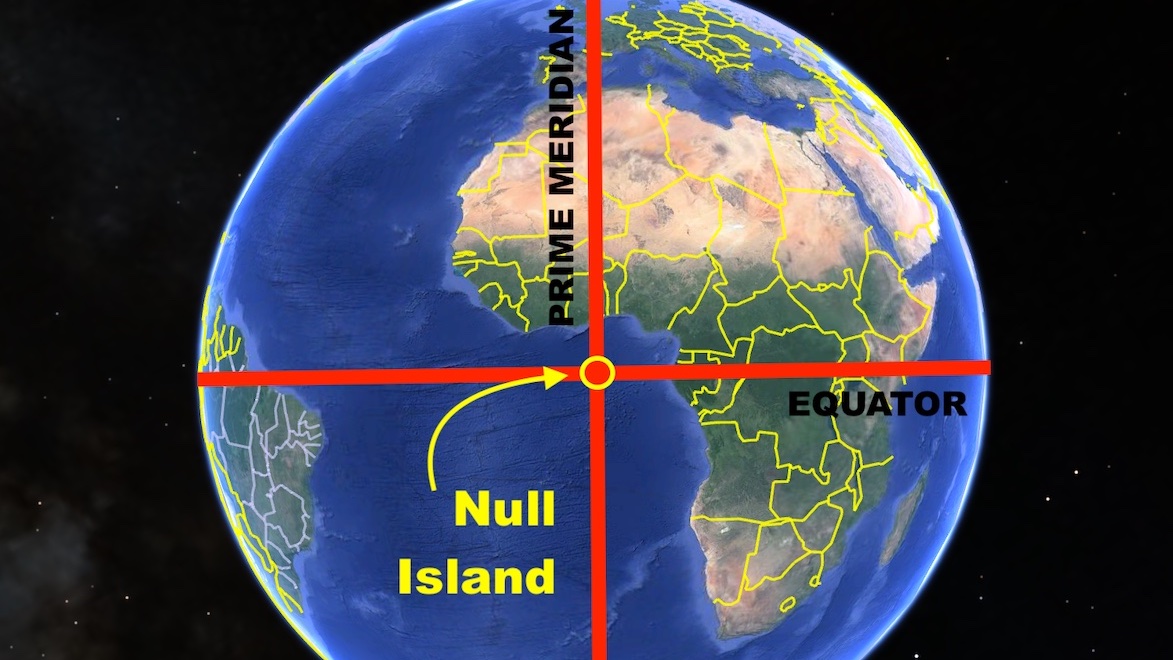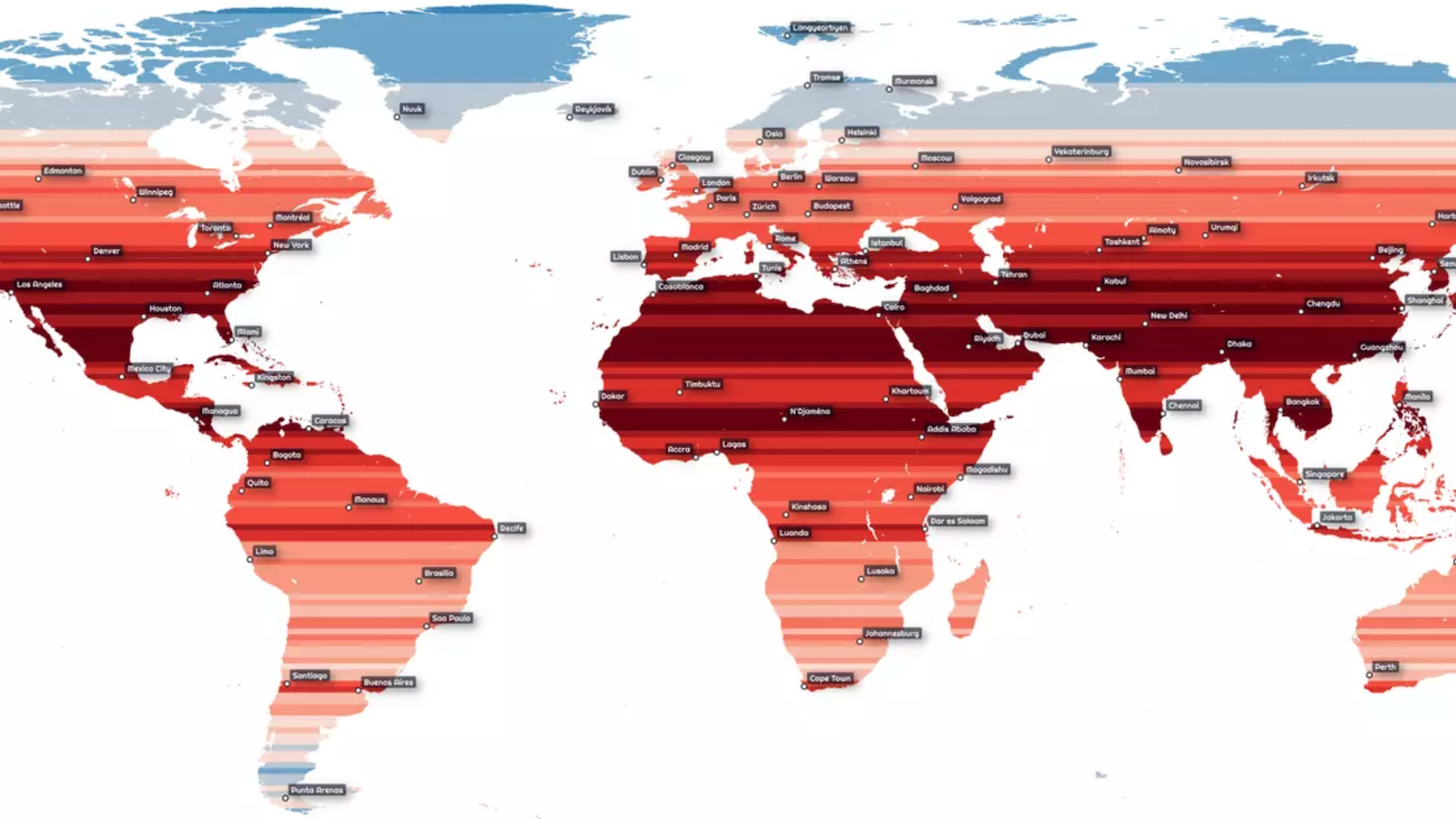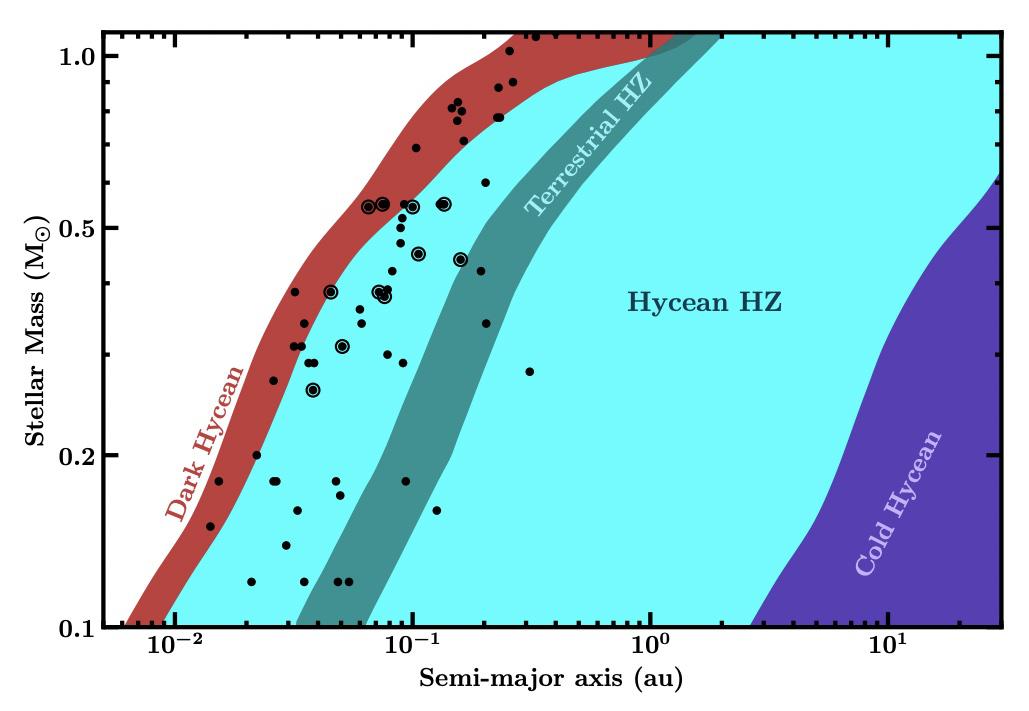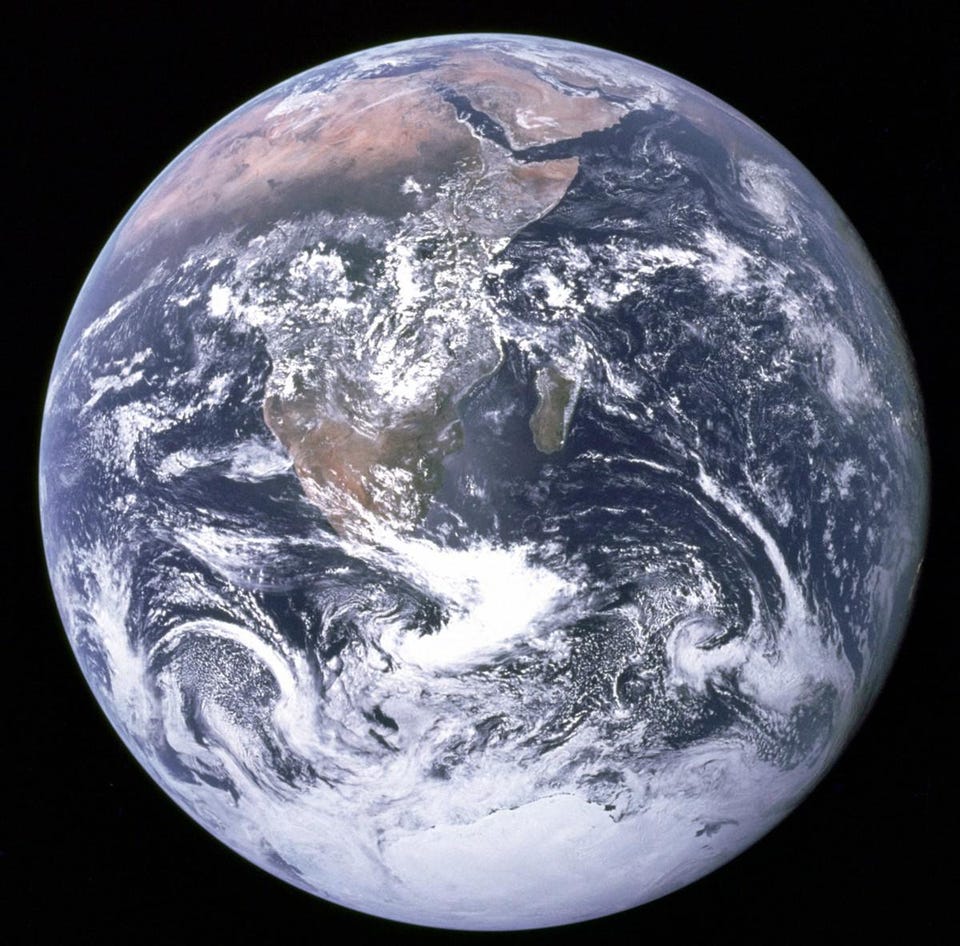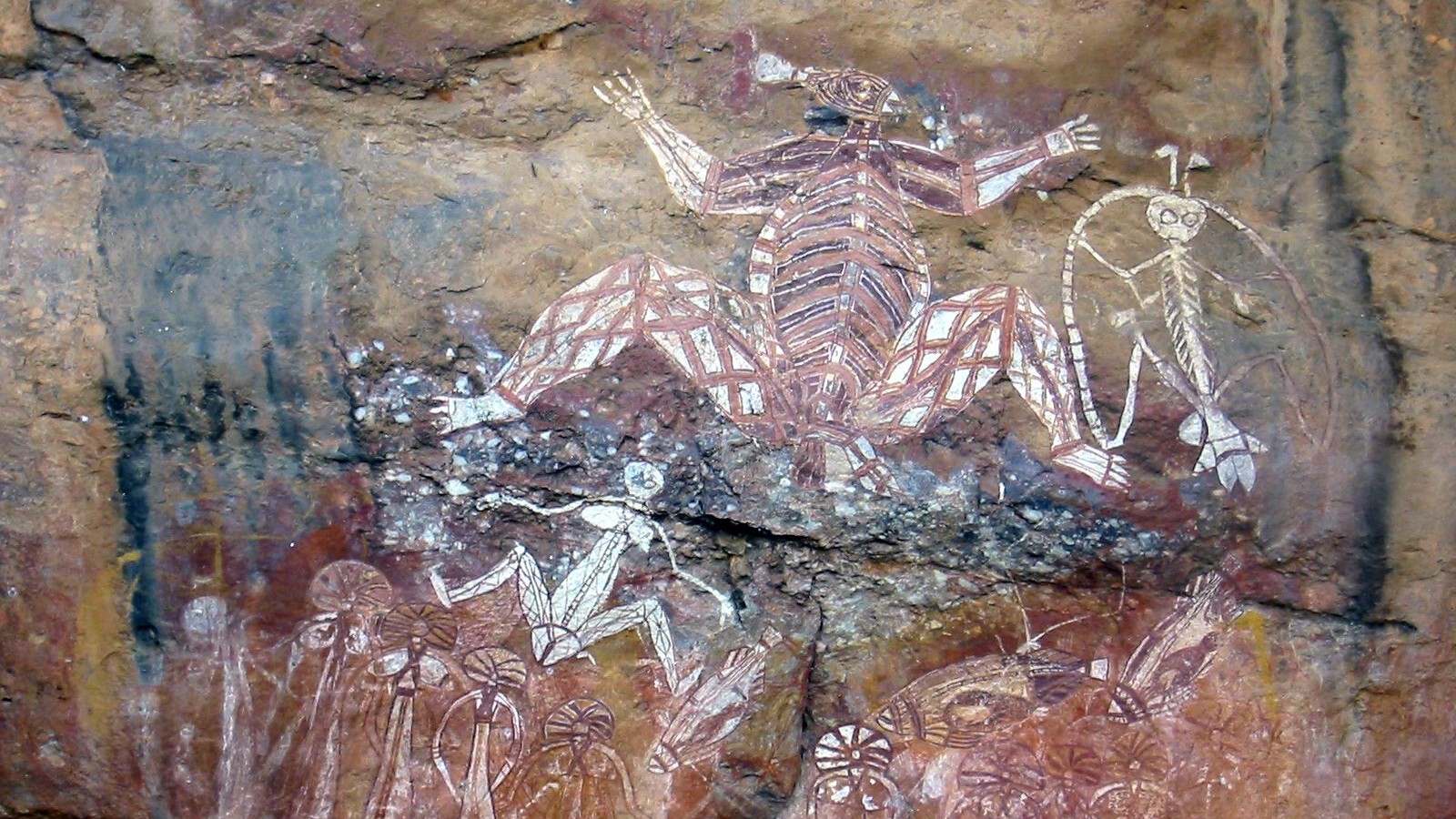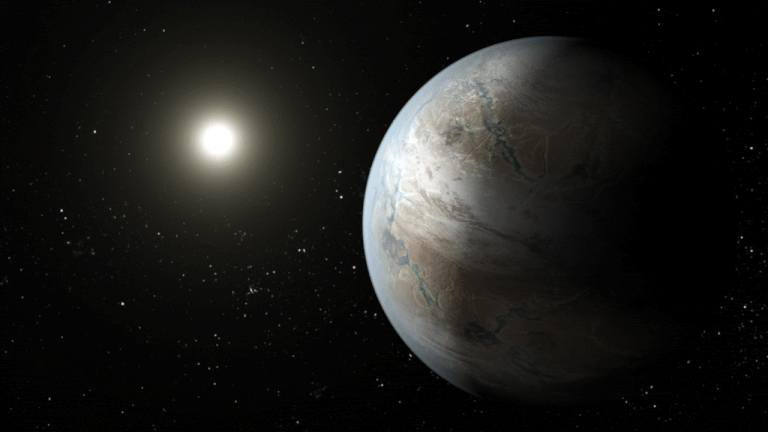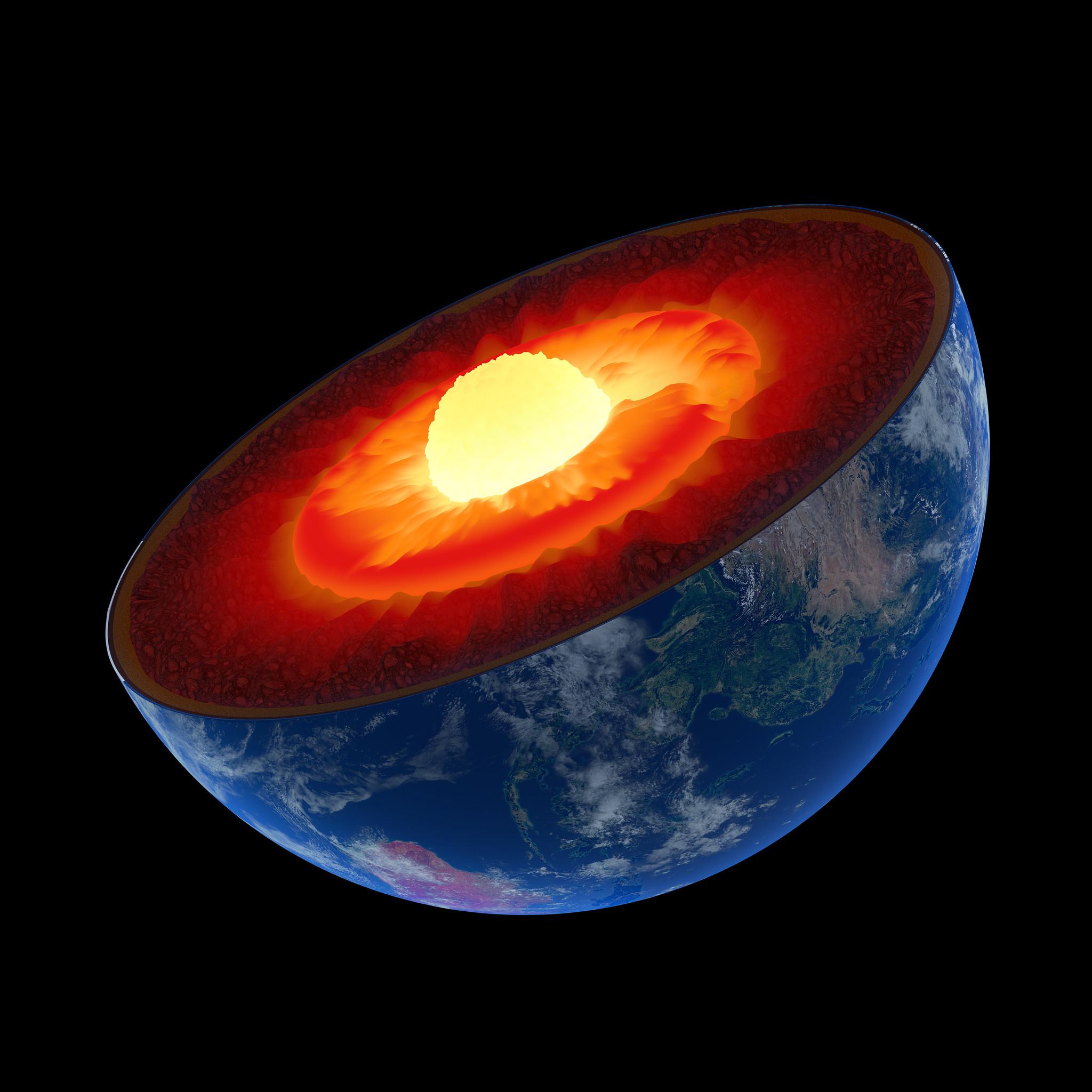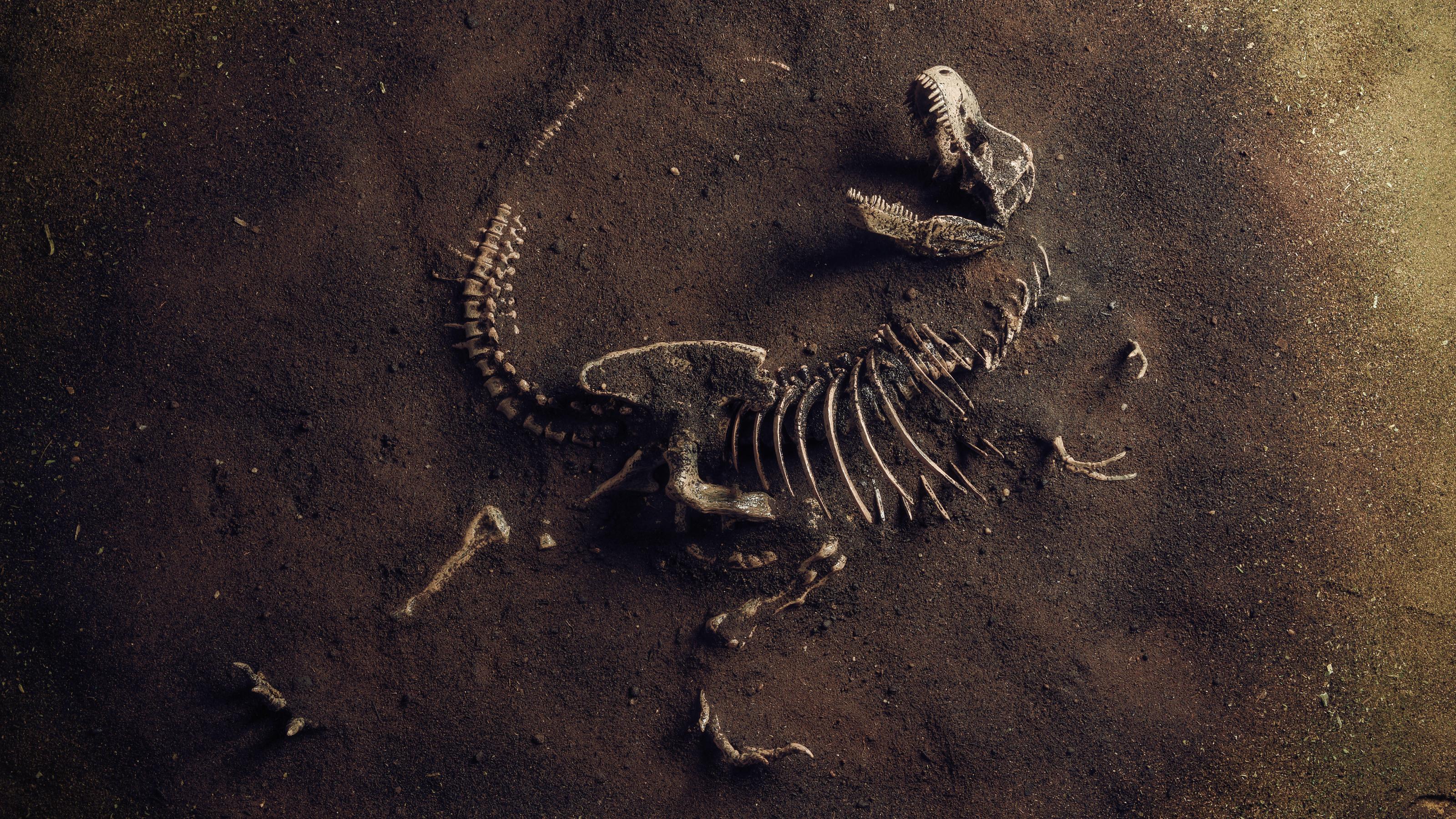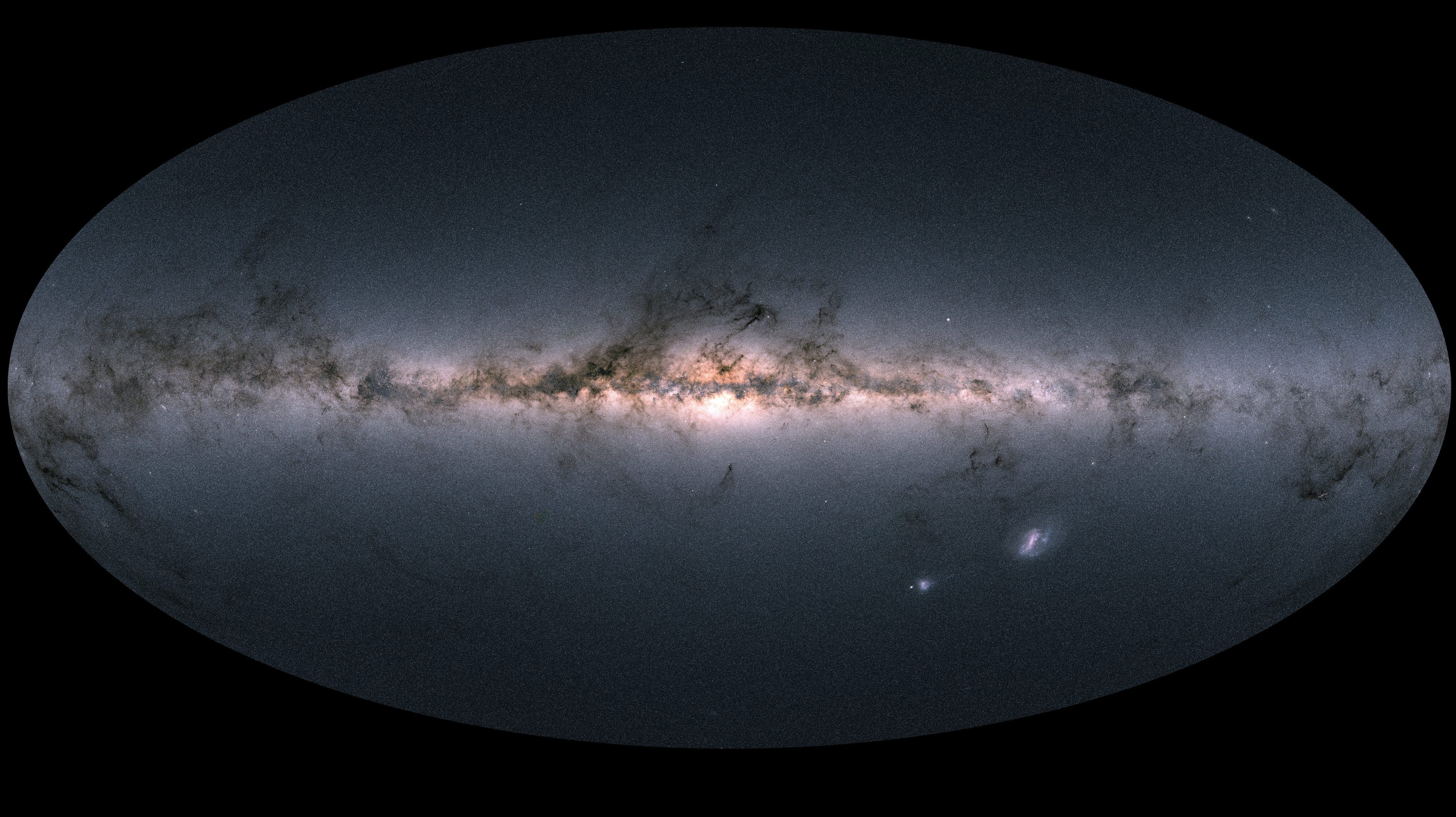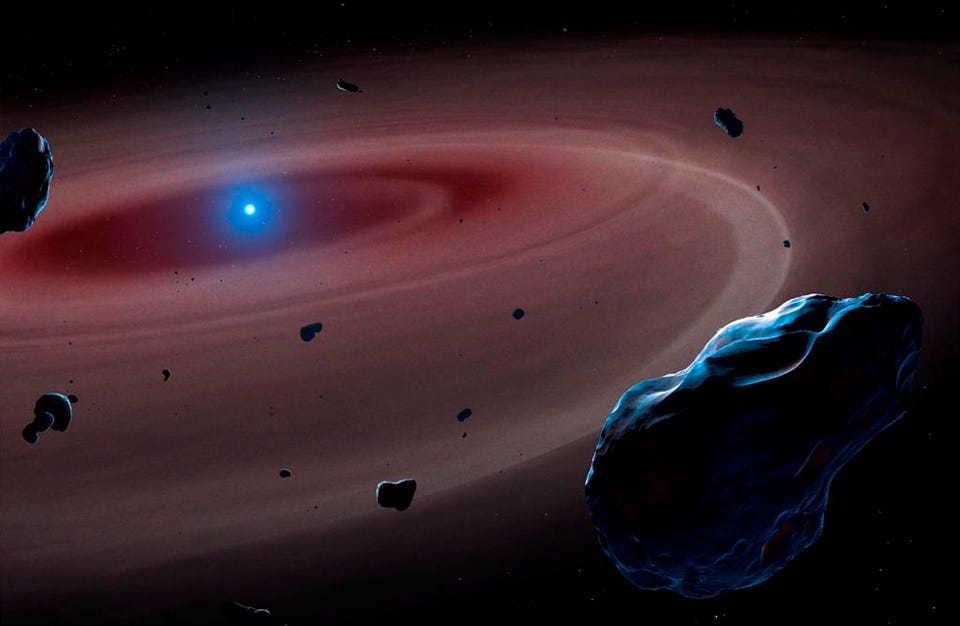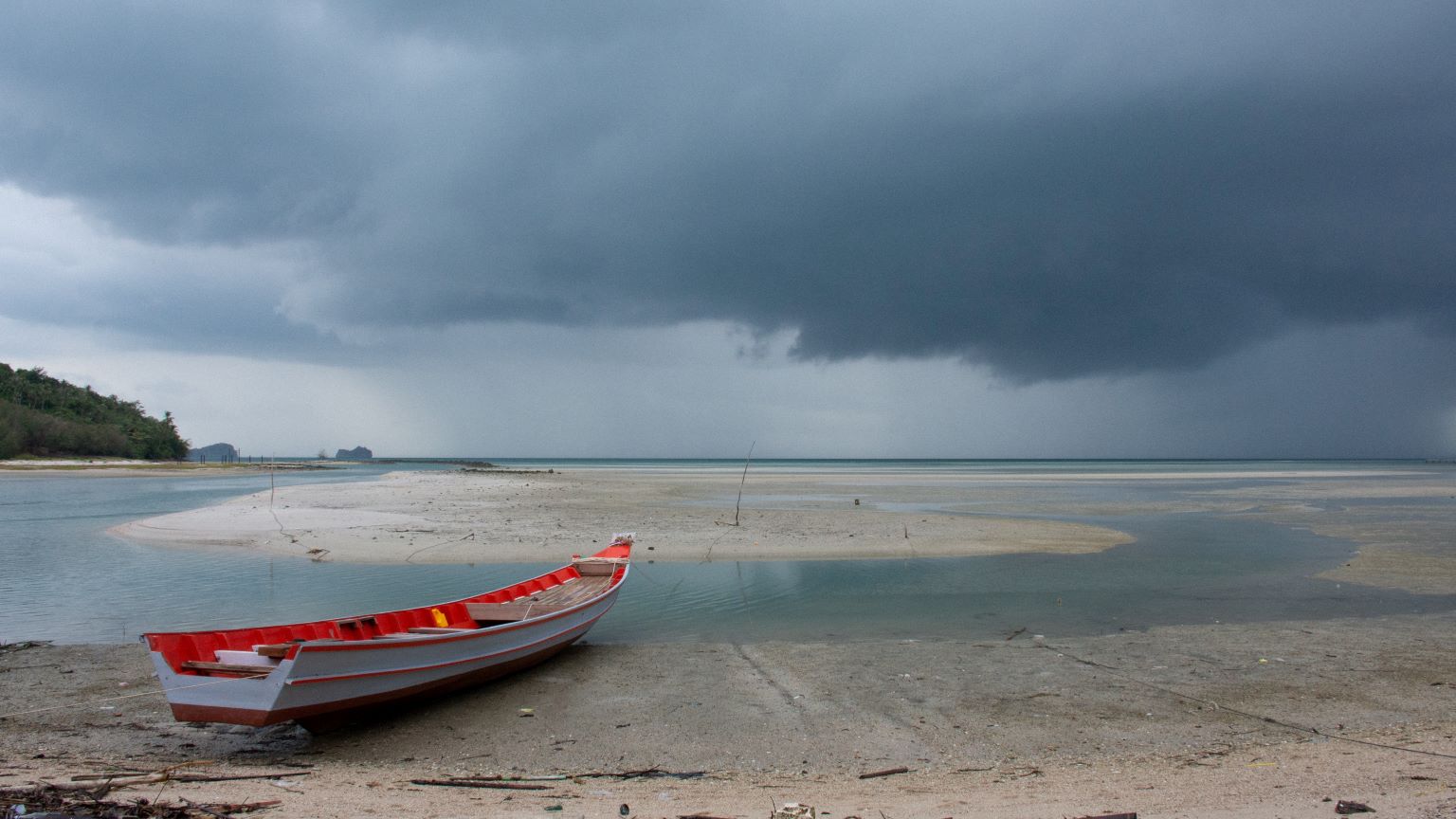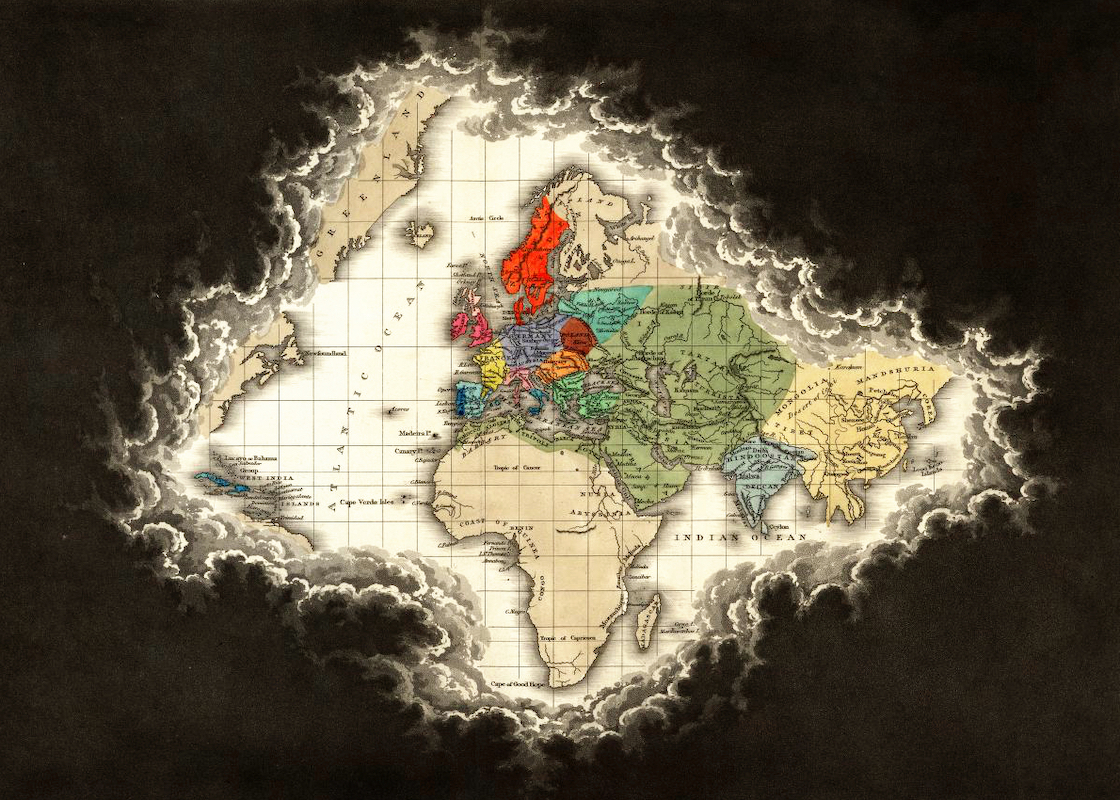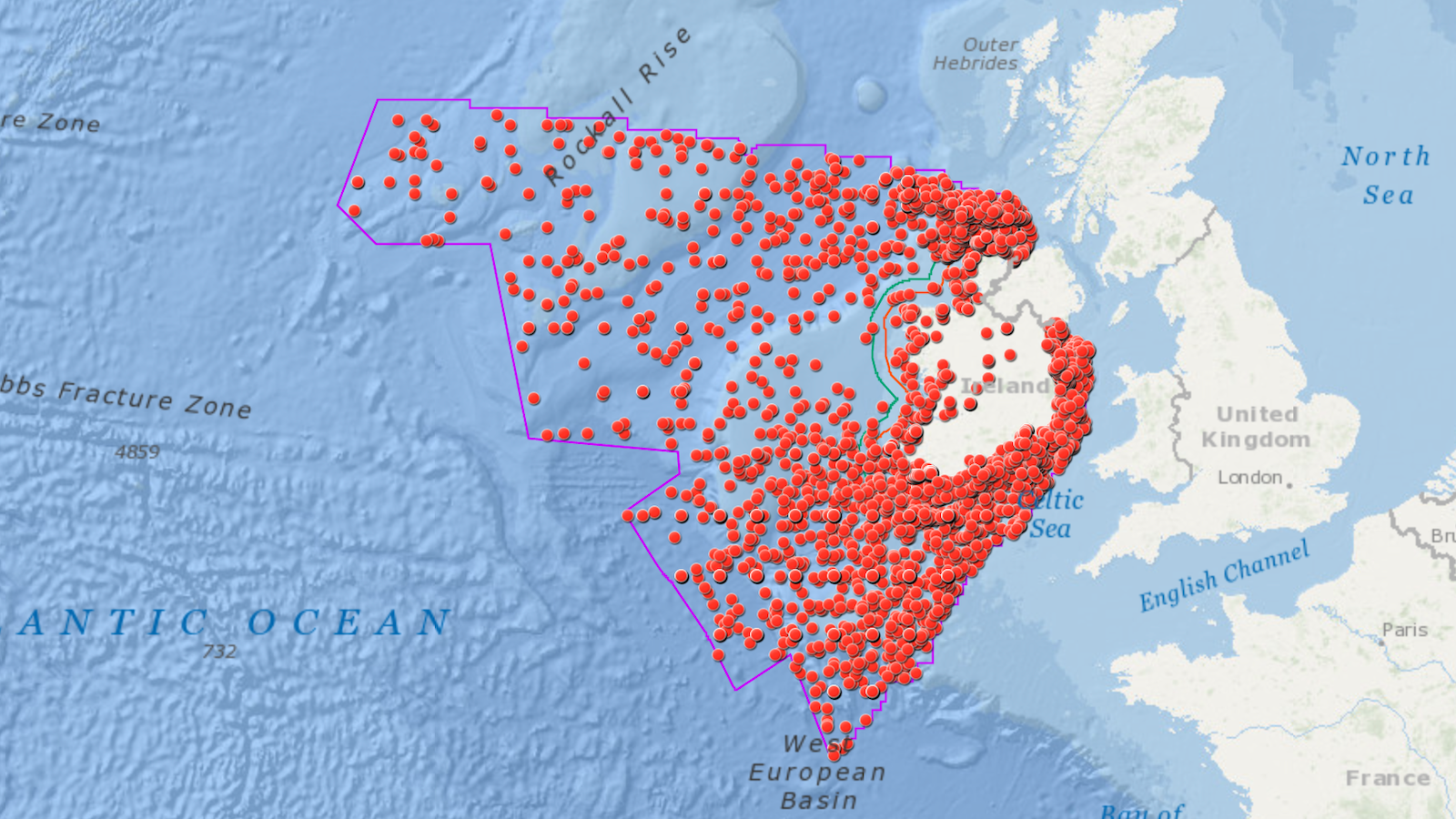The National Ignition Facility just repeated, and improved upon, their earlier demonstration of nuclear fusion. Now, the true race begins.
Search Results
You searched for: Ocean
Venus Life Finder could launch as early as 2023.
New research finds that dinosaurs were already adapted to living in cold climates before the end-Triassic mass extinction. But how?
Colors can influence your emotions and behaviors, but “color psychology” yields no real insight into your personality.
There are pros and cons to sending interstellar messages to aliens that may or may not exist.
Where the prime meridian meets the equator, a non-existent island captures our imagination — and our non-geocoded data.
Since at least 600 BC, people have been mesmerized by the concept of the infinite.
When the Universe was first born, the ingredients necessary for life were nowhere to be found. Only our “lucky stars” enabled our existence.
In 100 years, perhaps this map showing humanity clustering around the equator will seem “so 21st century.”
A new paper explores how noise from human activities pollutes the oceans, and what we can do to fix it.
Researchers hypothesize that these exoplanets could support the development of alien life.
There’s an entire Universe out there. So, with all that space, all those planets, and all those chances at life, why do we all live here?
Some artifacts drown in shipwrecks, others are taken by the tide. Many others will vanish as a result of climate change and rising sea levels.
Rock art in northern Australia depicts marsupial lions, giant kangaroos, and other megafauna that populated the Land Down Under long ago.
Cognitive psychologist and poet Keith Holyoak explores whether artificial intelligence could ever achieve poetic authenticity.
Rich data on the global state of our feathered friends presents plenty of bad news — but also some bright spots.
When maps meet stamps, you get a love child called “cartophilately.”
When you wish upon a star, it probably makes a difference who you are.
There are billions of potentially inhabited planets in the Milky Way alone. Here’s how NASA will at last discover and measure them.
The eastern inner core located beneath Indonesia’s Banda Sea is growing faster than the western side beneath Brazil.
In a world of rising cynicism, a celebration of our capacity to create, adapt, and thrive.
Slowing growth and limiting development isn’t living in harmony with nature—it is surrendering in a battle.
Einstein’s laws of gravity have been challenged many times, but have always emerged victorious. Could wide binary stars change all that?
Photosynthesis is powerful but very inefficient. Humans can improve on this biochemical process to help the planet.
The past ~4 billion years have been an incredibly successful, unbroken run for life on Earth. The future won’t be nearly so bright.
On Nov. 13, 1946, a scientist dropped crushed dry ice from a plane into supercooled stratus clouds.
This map shows that the territories discovered by Europeans add up to an area no bigger than Utah.
We have a morbid curiosity about nautical disaster stories. The Irish “Wreck Viewer” offers a window into centuries of marine misfortune.

